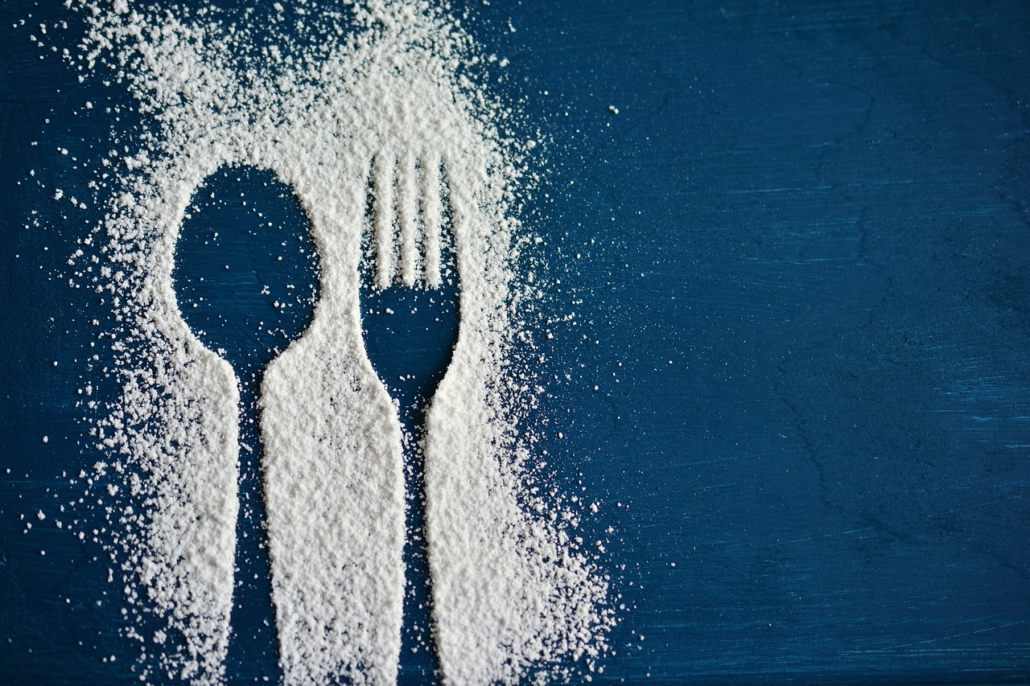
Free sugar linked to higher cardiovascular disease
A UK Biobank study suggests that higher intake of free sugars is associated with a higher risk to develop cardiovascular disease, UK researchers report in BMC Medicine.
The findings of a group headed by Rebecca Kelly at University Oxford (doi: 10.1186/s12916-022-02712-7) strengthen the evidence for the global dietary recommendation to reduce free sugar consumption to below 5% of total daily energy intake. The prospective study analysed data from 110,497 persons from the UK Biobank for around 9.4 years and found that total cardiovascular disease (heart disease and stroke combined), heart disease, and stroke occurred in 4,188, 3,138, and 1,124 participants, respectively.
According to the authors, total carbohydrate intake was not associated with cardiovascular disease outcomes. However, when looking at the types and sources of carbohydrates consumed, they found that higher free sugar intake from foods such as honey, sugary drinks, fruit juice and sweets, was associated with increased risk of all cardiovascular disease outcomes. For each 5% higher total energy from free sugars, the associated risk of total cardiovascular disease was 7% higher. The authors found that the risk of heart disease was 6% higher, while the risk of stroke was 10% higher. Additionally, consuming 5 grams higher fibre per day was associated with 4% lower risk of total cardiovascular disease, but this association did not remain significant after accounting for body mass index (BMI).
The authors suggest that replacing free sugars with non-free sugars – mostly those naturally occurring in whole fruits and vegetables – and a higher fibre intake, may help protect against cardiovascular disease.
The authors conclude that not all carbohydrates may be associated with an increased risk of cardiovascular disease and that it is important to consider the type and source of carbohydrates consumed when researching cardiovascular health.


 adobe stock photos - Justlight
adobe stock photos - Justlight XyloCor Therapeutics
XyloCor Therapeutics